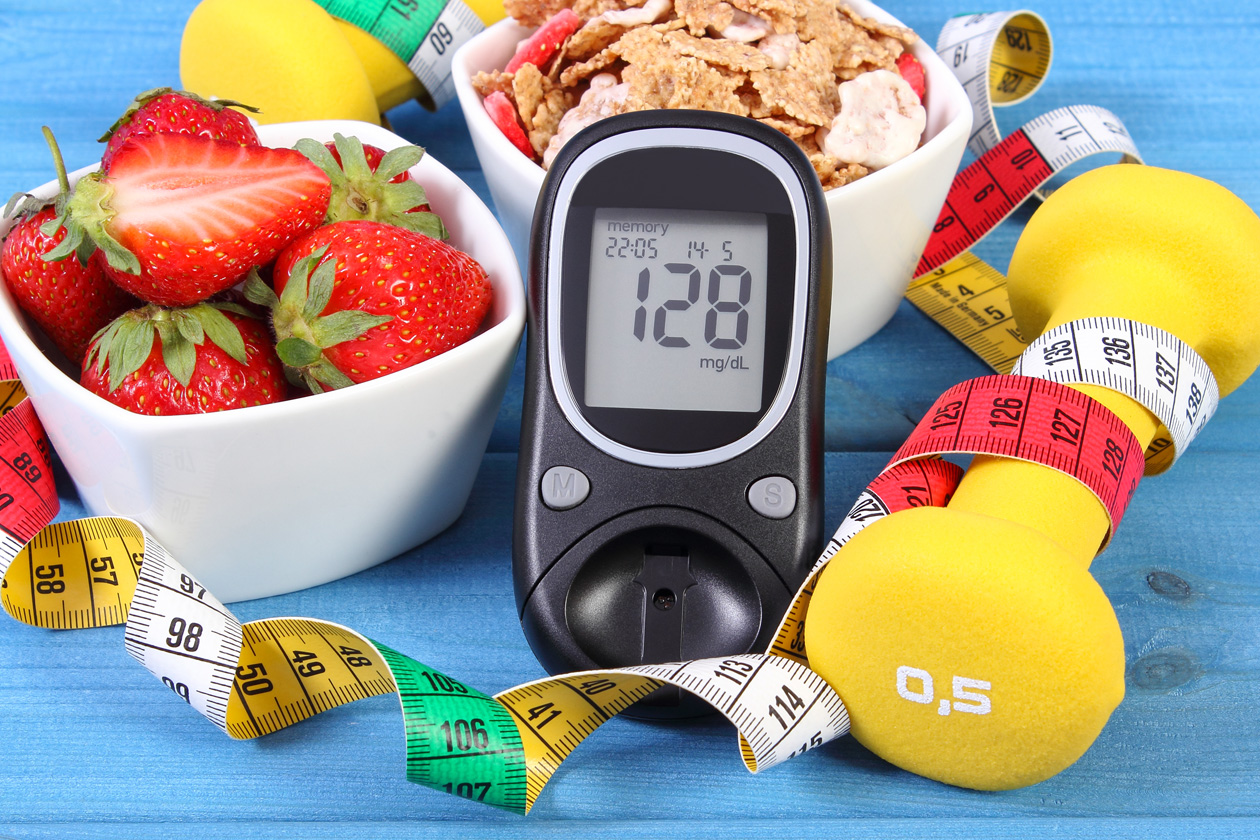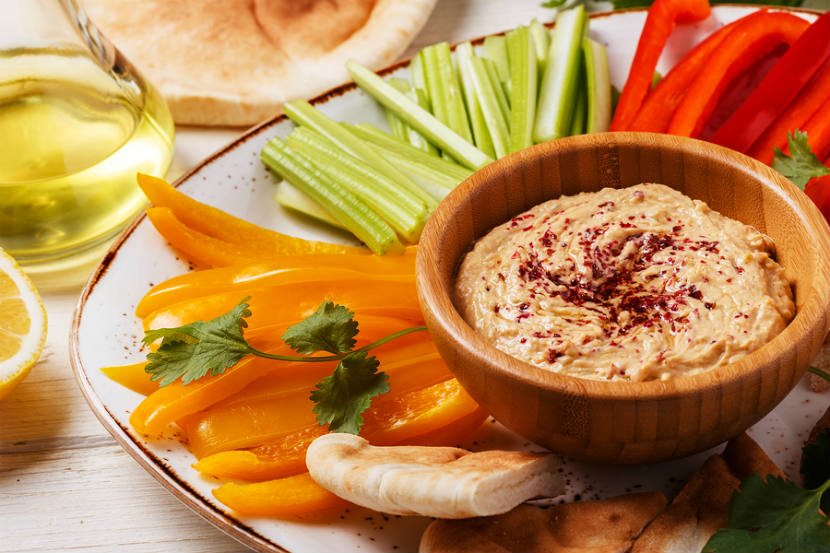Even minimal activities like losing sleep, not consuming enough water, skipping breakfast, or drinking coffee can trigger the spike in your blood sugar. Other causes of high blood sugar may include alcohol, low-fiber high-carb food, change of medication, or a sedentary lifestyle.
Irrespective of the reason, high blood sugar or hyperglycemia may lead to other short-term or long-term health conditions. Here are some effective ways to lower your blood sugar:
Follow a Regular Exercise Regimen
Regular exercise makes your cells more sensitive towards insulin, which allows for better sugar consumption from your bloodstream. Further, exercise helps your muscles break down blood sugar for energy and muscle contraction.
Exercises such as brisk walking, weight lifting, running, biking, hiking, swimming, and dancing are good to keep your blood sugar levels in check.
Keep a Check on Your Carb Intake
Your body breaks the ingested carbs into sugar and then insulin, which moves sugar from the bloodstream into your cells.
Consumption of too many carbohydrates may irregulate the function of insulin, leading to high blood sugar levels. Health experts recommend consuming low-carb high-fiber diet to regulate blood sugar levels and prevent any spikes.
Consume a High-Fiber Diet
Soluble fibers help in reducing blood sugar levels. Doctors, therefore, recommend a high-fiber diet rich in fruits, vegetables, whole grains, and legumes to people who have Type 1 diabetes. You should consume an average of 14 grams of soluble dietary fibers for every 1000 calories.
Stay Hydrated
Drinking enough water prevents dehydration and keeps your blood sugar within a healthy range. Water helps your kidneys in flooding out excess blood sugar in the urine.
Intake of water and water-based non-caloric beverages re-hydrate the blood, reduce blood sugar, and lower the risk of diabetes.
Regulate Calorie Intake
You should implement portion control to regulate your average calories intake. A check on your calories will help reduce weight, regulates blood sugar levels, and lowers the risk of diabetes. You can control your meal portions by:
- Measuring and weighing the quantity to be consumed
- Using small-sized serving plates
- Avoid eat-as-much-as-you-can philosophy
- Check serving sizes on food labels before consuming
- Maintain a journal to keep a check on your calorie consumption
- Eat slow and eat within the limit
Select Consumables Having Low Glycemic Index
Glycemic index gives a measure of how the blood sugar responds to the foods containing carbs. Both the type and amount of food have different effects on blood sugar levels.
Foods with a low glycemic index such as seafood, beans, lentils, legumes, fruits, and non-starchy vegetables help in reducing blood sugar levels over a long-term consumption.
Check Your Stress Level
Your body releases hormones like cortisol and glucagon during stress, which can spike blood sugar levels. Studies reveal that relaxation techniques like exercise, yoga, and mindful meditation can significantly regulate stress levels and reduce blood sugar.
Keep Track of Your Blood Sugar
You should periodically monitor and control your blood sugar levels. Regular monitoring helps you identify the meals and medications that you need to adjust for regulating your blood sugar.
Get Enough Sleep
You should maintain a regular sleep-wake cycle. Poor sleeping habits may influence insulin sensitivity and affect blood sugar. Sleep deprivation disrupts metabolic hormones, increases cortisol, and suppresses the release of growth hormones.
Other symptoms of lack of sleep may include weight gain and increased appetite. You should get quality sleep for sufficient hours every night to maintain healthy blood sugar levels.
Consume Mineral-rich Foods
Sometimes abnormal blood sugar level is caused by the deficiency of micronutrients or minerals such as chromium and magnesium. Chromium helps with the metabolism of fat and carbs, which eventually regulates blood sugar levels.
Chromium-rich foods such as coffee, broccoli, nuts, egg yolk, high-bran cereals, and whole-grain products provide long-term benefits in regulating blood sugar.
Magnesium deficiency also poses a high risk of diabetes. You should consume plenty of magnesium-rich foods such as whole grains, fish, green leafy vegetables, bananas, avocado, beans, and dark chocolate.
Consume Fenugreek Seeds
Studies reveal that fenugreek seeds, rich in soluble fibers, can effectively reduce blood sugar. It improves glucose tolerance and maintains fasting glucose. You can easily add fenugreek seeds into baked goods, flour, and beverages like tea.
Most importantly, maintain a healthy weight to keep a check on your blood sugar levels.





